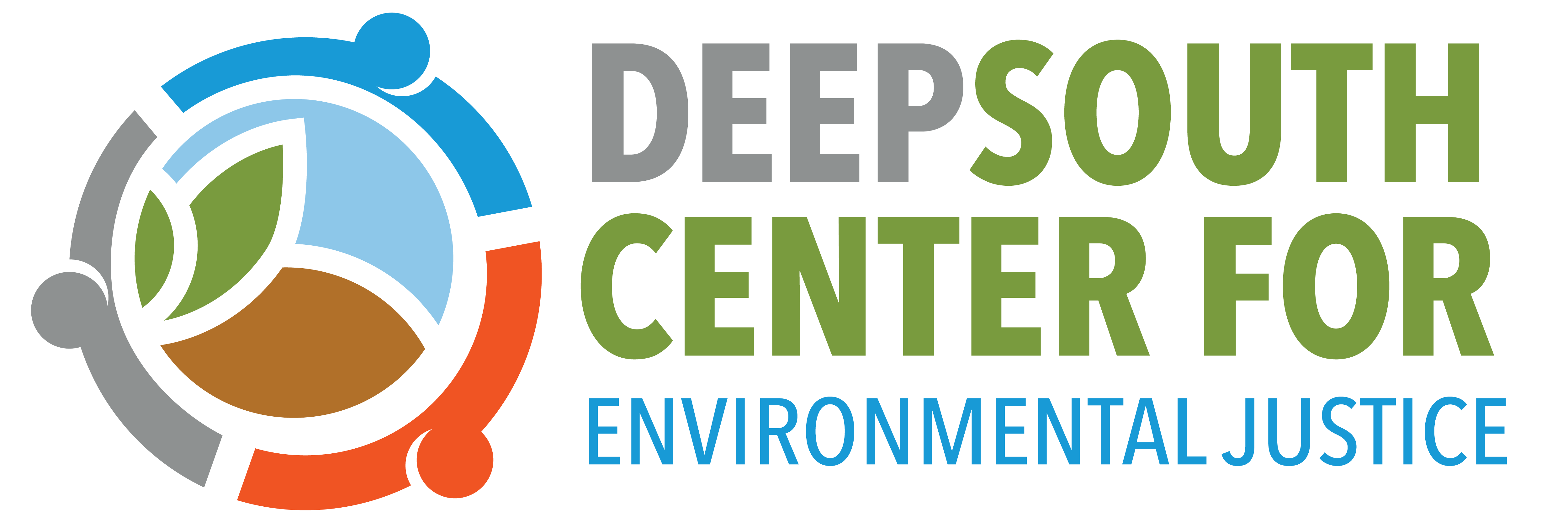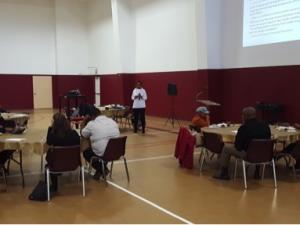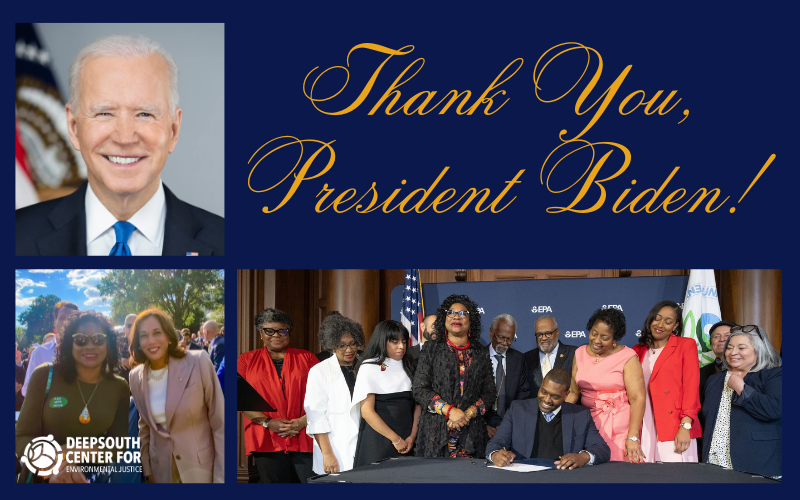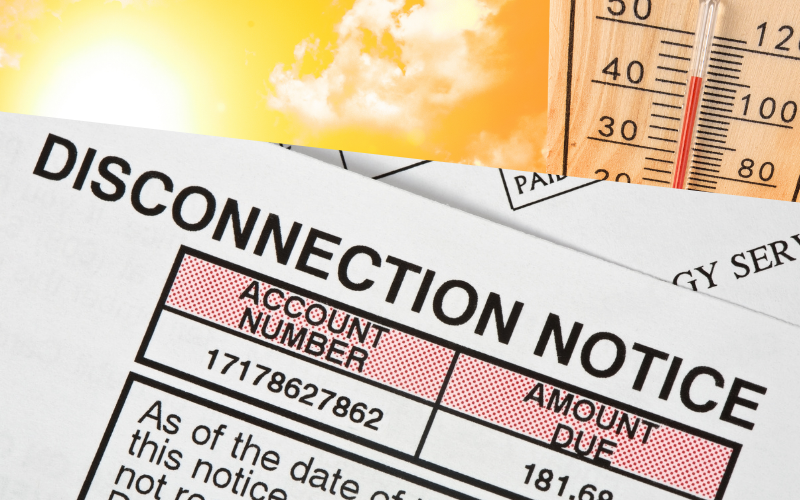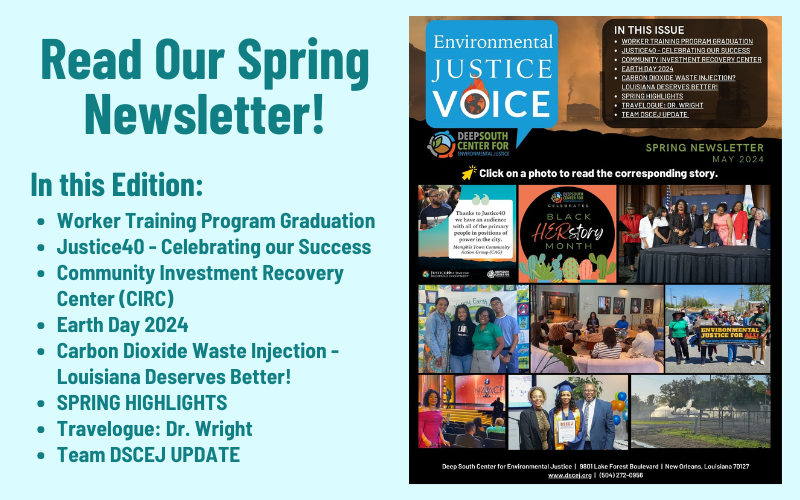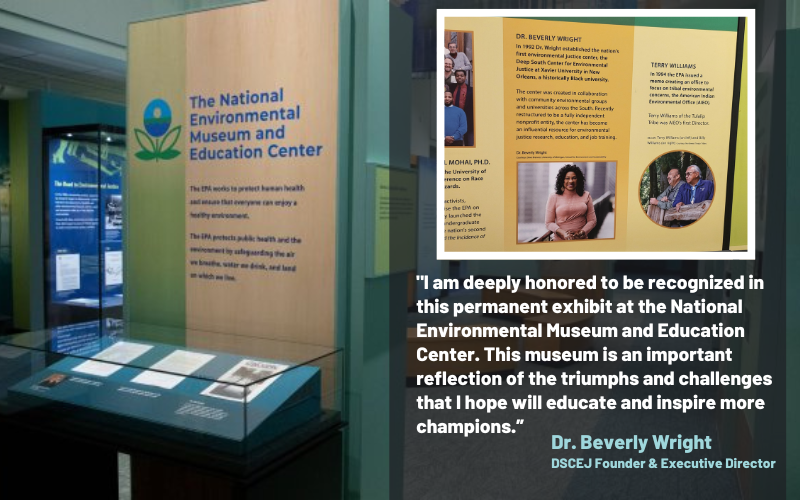December 17, 2018 – As a result of flooding that occurred due to Hurricane Harvey, many Houston residents have been concerned about potential health effects that they are experiencing or could possibly experience due to the disaster. In particular, many homes were flooded and residents were interested in knowing if the area where they spend the most time, their home, had mold or could potentially have mold growth. Mold can cause some individuals to experience adverse upper respiratory issues as a result of water intrusion and/or excessive water events like Hurricane Harvey. Thus, moisture/mold awareness and moisture assessments workshops were specially developed to address the needs of the Houston community. The workshops included information which raised participant awareness about general moisture and mold information, health effects associated with excessive indoor mold growth, appropriate protective equipment to wear when cleaning up disaster related debris, conditions needed to promote mold growth, and moisture prevention and control.
Hands-on workshops were conducted and engaged participants by teaching them how to:
- Properly don and doff protective equipment used when cleaning after a disaster
- Perform moisture mapping and assessments
- Operate a moisture meter to determine water content in the building materials in their home
Ultimately, the awareness and hands-on workshops provided participants with information on how to address water intrusion and active moisture and mold growth issues in their homes as well as how to identify hidden moisture that could lead to mold growth.
Approximately 20 individuals attended the workshops on December 1st and 15th, 2018. Workshops were taught by Deep South Center for Environmental Justice environmental technical trainers, Kim Dunn and Bruce McClue, along with assistance from Andrew Rollins, assistant instructor at Texas Southern University. Participants represented communities from the 5th Ward and Pleasantville in Houston, TX. At the end of the training sessions, residents were given a moisture meter to do an assessment in their home and to share with other family and community members. The rapid response training was funded by the JPB Foundation.
